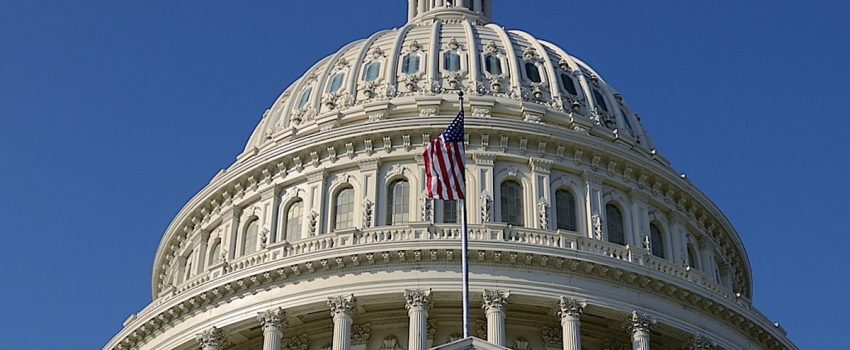In today’s hyper-politicized environment in Washington, it is rare that lawmakers come together to pass legislation. However, in early December, House members reached a rare bipartisan deal in passing a bill aimed at making it easier for Americans to purchase manufactured homes.
The Preserving Access to Manufactured Housing Act, co-sponsored by Terri A. Sewell (D-AL) and Andy Barr (R-KY), passed on December 1 in a 256 – 163 vote, with nine Democrats in the U.S. House of Representatives joining Republicans. Some Democrats voiced opposition to the bill, saying it would leave consumers at risk to predatory lending practices.
The bill changes the federal rules that govern the financing of manufactured housing. The Consumer Financial Protection Bureau’s (CFPB) rules prevented lenders from making “high cost” loans for manufactured homes. According to the bill’s backers, this new law would give consumers a chance at home-ownership through changes to the Truth in Lending Act (TILA) to redefine “high cost” loans and change how manufactured home loans are originated.
In a statement, Representative Barr said the bill rolls back Obama-era regulations that prevent Americans from owning their own home. “So-called ‘consumer protections’ that deny hard-working, low-and-moderate-income Americans the ability to own their own home at an affordable price are harming consumers – not protecting them,” Barr said.
Rep. Sewell said that the bill brings much-needed reforms to federal mortgage regulations while continuing to protect consumers. “Passage of today’s bill means working families will be one step closer to affordable housing. In Alabama, over 300,000 families rely on manufactured homes for quality, independent, affordable housing, but current rules make access to credit for purchasing manufactured homes more difficult,” Sewell said.
The bill also amends the Safe Act and Truth in Lending Act to remove the designation of “loan originator” from manufactured home retailers, so long as they are not financing the loans. Rules put in place under the Dodd-Frank Wall Street Reform Act placed restrictions on the sale and financing of a manufactured home. According to proponents, the CFPB regulations made it difficult and more expensive to purchase modular and manufactured housing, preventing millions of Americans from realizing the dream of affordable home ownership.
The manufactured housing industry had been pushing hard to get the regulations revised or removed. Groups such as the Manufactured Housing Institute (MHI) have been lobbying Congress to come up with a solution to remove the rules and make it easier for consumers to own a manufactured home. MHI is also working to get the same language passed in this bill into other bills, like the Choice Act so that all federal agencies rein in the onerous rules surrounding financing of manufactured or modular housing.
The bill’s language changes the definition of a “high cost” mortgage under current regulations. The new law increases the high-cost threshold from 8.5 percent for a personal property loan of less than $50,000 to 10%. Under the new rules, the designation is removed as long as the “dwelling is personal property or is a transaction that does not include the purchase of real property on which a dwelling is to be placed,” and the loan amount is under $70,000.
The manufactured home market has been growing, thanks in part to new technology and assembly methods that make modular and pre-manufactured homes with quality similar to that of permanent ground-up construction.
Rep. Jeb Hensarling (R-TX), an early backer of the bill, said that the change of rules would open up an opportunity for consumers wanting to realize the dream of homeownership. He went on to claim that under current regulations, Americans were being singled out and prevented from buying a property simply due to the home’s “manufactured” moniker and smaller size.






